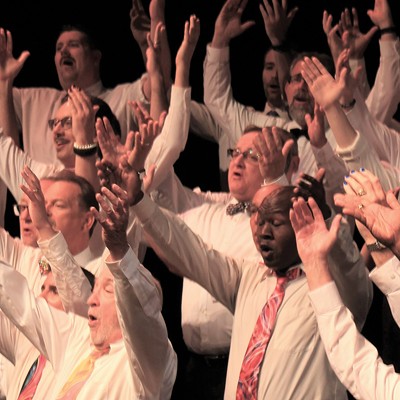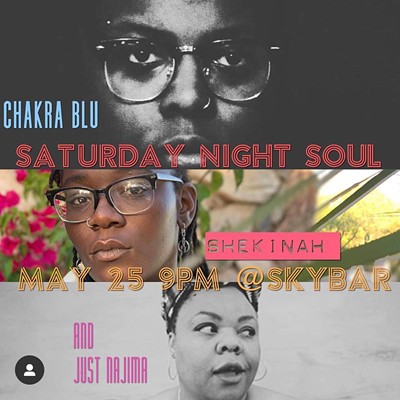In an increasingly chaotic and homogenized music world, Ben Sollee comes as close as you can to being a unique talent: He's an insightful folk-pop singer-songwriter who plays cello while singing.
"No, I really can't think of anyone who does what I do, that's for sure," he said during a recent phone interview, and you could almost hear him blushing. He called from his hometown of Lexington, Ky., where he lives with his wife and 3-year-old son.
He didn't stay at home long. Now back out on tour, Sollee will visit Tucson to play Club Congress. He'll perform as part of a trio, along with Jordan Ellis on drums and Phoebe Hunt on fiddle and bass.
Sollee, 27, acknowledged that he didn't choose the easiest way of making music. "I know it's hard to sing and play the cello well at the same time. It might be impossible; I don't know. I can definitely sing better when I'm not playing, and I know I would play cello better if I weren't singing."
The first lyrics on Sollee's new album, Inclusions, speak to his constant striving to explore life and all its facets. In the song "Close to You," he sings, "Sometimes I wear feathers to feel close to the sky / when I turn off the lights, I am part of the night."
A rich vein of soulfulness also runs through Sollee's music, which juggles old-timey folk and bluegrass, with a healthy dose of modern avant-garde music.
"I think I'm just coming from a background that's really diverse. I grew up here in Kentucky with family that was very musical, listening to a lot of Appalachian fiddle music with my grandfather, as well as to R&B and folk music. And classical, of course. I guess, technically, I am a product of the classical-music world."
Sollee said that the cello was probably the last instrument to make the leap from the orchestra to pop. But since it has done so— during the last three decades, it seems—it has become more and more present. Arthur Russell combined avant-garde with disco, and Tom Cora used the instrument in jazz settings. Groups as diverse as Apocalyptica, Rasputina, Judgement Day, Murder by Death, Other Lives and the Avett Brothers have given cello prominent roles in their music.
The cello is indeed versatile, Sollee said. "Its role in the orchestra was often to anchor things, hold it all together. It would bridge the gap between the woodwinds and the strings. It was the voice in the middle. I feel like it provides a connection within the community of the orchestra, which is perfect, because my music is about community."
Sollee's songs, whether character studies or raw confessionals, are usually in the first person, and most of all, they address relationships.
"The songs reflect community the way people relate to each other and talk to each other, but also the way we reach up out of ourselves, the way we can become better humans in the world, and interact with the world around us. ... I think I very much come from an oral storytellers' folk-music tradition. This is music that gives us tools with which we can relate to the world."
Communities also can include collaborations, which is important to Sollee, especially in musical contexts.
Last year, Sollee released the album Dear Companion with fellow Kentuckian Daniel Martin Moore; it was produced by Jim James of My Morning Jacket. About five years ago, Sollee was a member of the Sparrow Quartet, which was something of an acoustic supergroup which featured vocalist and banjo player Abigail Washburn, banjo player Béla Fleck and violinist Casey Driessen. On behalf of the U.S. State Department, the group toured internationally, including a visit to Tibet. The quartet also recorded several albums, emphasizing a blend of American and Asian folk traditions.
Sollee said the Sparrow Quartet experience taught him a lot about give-and-take and mixing musical styles.
"It was an open musical environment, and you could create music and bring it to the table, but you had to be able to argue for a musical viewpoint. If it was something you were passionate about and wanted included, you had to state your case for it. It helped you formulate better musical ideas—and especially for me, being the younger one, I couldn't have asked for a better experience. I bring all those ideas with me now."









